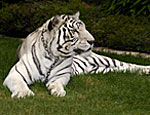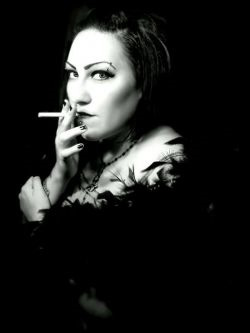|
Share your vision!
As digital cameras revolutionize photography, and the web makes the entire world your personal audience, why not share your art with more than just family and friends?
PixArtWeb is a place where emerging or working artists and photographers can show their work, have it constructively critiqued, and learn from professionals how to improve their technique.
In each of our five galleries, we host juried photo competitions as our panel of graphic artists and photographers judge submitted photos and contribute to our online forum.
If you're interested in digital photography or want to hone your craft, join PixArtWeb today. Membership is free and you'll be able to upload your best work for our community to appreciate.
|
Recent News
9/29/2009
New winners have been selected in the latest "Landscapes/Places (Novice) category.
8/9/2009
New winners have been selected in the latest "Night Scenes" Theme Challenge (Novice and Amateur/Pro) categories. Our new Theme is "Animals".
5/16/2009
New winners have been selected in the Pets/Animals (Novice) category and Landscape/Places (Amateur/Pro) category.
12/8/2008
New winners have been selected in the Pets/Animals (Amateur/Pro) category and Landscape/Places (Amateur/Pro) category.
9/27/2008
New winners have been selected in the latest "Cityscapes" Theme Challenge (Novice and Amateur/Pro) categories.
9/27/2008
New winners have been selected in the Moods/Misc (Novice and Pro) categories.
9/9/2008
New winners have been selected in the People/Portraits (Pro) category and Landscape/Places (Pro) category.
9/9/2008
New winners have been selected in the Pets/Animals (Novice) category and Landscape/Places (Novice) category.
5/29/2008
New winners have been selected in the Pets/Animals (Novice and Pro) category and Moods/Misc (Pro) category.
4/4/2008
New winners have been selected in the Landscape/Places (Pro) category.
2/3/2008
New winners have been selected in the Landscape/Places (Novice) category.
1/2/2008
New winners have been selected in the Pets/Animals (Amateur/Pro) category and the Moods/Misc (Amateur/Pro) category.
|
|
PIX
ART
WEB
is open to new members
Join Now - it's free!
Submit your best photos
LATEST NEWS
Public Votes! Members can now vote on photos, using a "Public" ranking system in addition to our juried results. Vote on your favorites!
New Theme Challenge:
" Animals"

B/4 picture of by Nicholas Brown (Tue, 22 Dec 2009 18:26:58 EST)
Re: Loading pics problem (Reply on Mon, 20 Jul 2009 14:59:51 EDT by Jewels)
Re: Loading pics problem (Reply on Sun, 19 Jul 2009 0:56:02 EDT by Mark)
Loading pics problem by Jewels (Sat, 18 Jul 2009 7:56:52 EDT)
Re: Please Join In ....Share your pix (Reply on Mon, 24 Nov 2008 13:00:44 EST by Jewels)
Re: Please Join In ....Share your pix (Reply on Thu, 20 Nov 2008 23:07:49 EST by westie4us)
Re: Please Join In ....Share your pix (Reply on Thu, 20 Nov 2008 1:15:23 EST by Michael Whitson)
Re: Congratulations Michael (Reply on Wed, 19 Nov 2008 1:23:59 EST by Michael Whitson)
Re: Share your pix-new pix (Reply on Tue, 18 Nov 2008 14:29:29 EST by westie4us)
Re: Congratulations Michael (Reply on Mon, 17 Nov 2008 23:07:33 EST by westie4us)
|

"Devonshire Cream Tea"
Jewels

"Madame BerryHill"
Vanessa Powers
|

